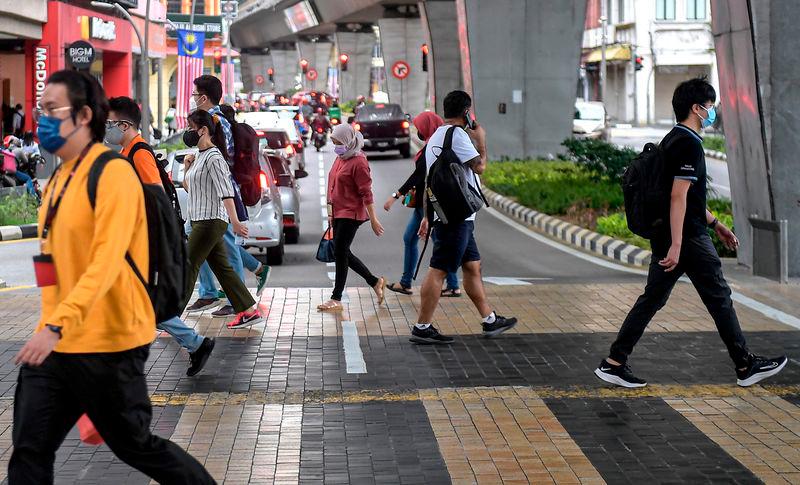RECENT findings from Oxfam reveal that billionaires have become US$3.3 trillion (RM14.78 trillion) richer, a 34% increase since the Covid-19 pandemic began in 2020. Their wealth has grown three times faster than inflation.
In stark contrast, the world’s poorest 4.8 billion people, who make up 60% of the global population, have become poorer during the same period.
In Malaysia, the combined wealth of the 50 richest billionaires has surged by 2%, reaching US$83.4 billion this year despite a depreciating ringgit.
Meanwhile, according to the latest report by Khazanah Research Institute titled “The Financialisation of our Lives: Values and Trade-Offs”, the average monthly salary of workers in the bottom 50% income bracket has inched up by a mere RM56 over a decade, from 2010 to 2019.
This widening chasm between the rich and the poor raises profound concerns about our hope for future economic equality and whether we can ever succeed in lifting those who are struggling.
Is it possible for the poor to catch a breather from ascending the economic ladder when the rich continue to amass wealth thanks to their advantages? It is time for honest conversations and tangible solutions to tackle this growing divide.
In the world of finance, being poor means banks see you as a risky bet. This makes borrowing money a lot more expensive. Thus, any returns from investments or business ventures are usually marginal.
On the flip side, if you are wealthy, banks roll out the red carpet. You get better terms and your wealth grows much faster. This divide is as clear as day: the rich get richer while the poor face an ever-steeper uphill battle.
We need to fix this or the inequality and instability it brings will only get worse. So, how do we do this?
One way is by changing how banks view the poor.
We need a banking system that sees potential, not just wealth and is willing to share risks (though arguably to a limited extent), giving everyone a fair shot.
The traditional scoring methods banks use are often myopic, focusing solely on a borrower’s present ability to repay debt.
Such an approach ignores future earnings potential and overlooks personal values and traits that indicate responsibility and trustworthiness, despite income level. This is important because defaults are not just about money problems, behaviour matters too.
To fully grasp the multifaceted nature of creditworthiness, we need to look beyond just financial numbers and include other signs of trust and responsibility.
Picture a scoring system leveraging machine learning and big data analytics that considers how frequently someone engages with their community, participates in religious activities or maintains strong family ties.
These actions can tell us a lot about someone’s reliability. By including this kind of information, we can get a fuller and fairer view of a borrower’s character, showing their willingness, and not just their ability, to repay.
In today’s increasingly polarised world, changing our view on the poor is more essential than ever. As societal tensions rise, we must stop seeing the poor as liabilities.
This shift in perspective can pave the way for a more compassionate market that recognises the value in every individual and works for all, not just a privileged few.
The writer is an assistant professor at the Institute of Islamic Banking and Finance, International Islamic University Malaysia.
Comments: letters@thesundaily.com









